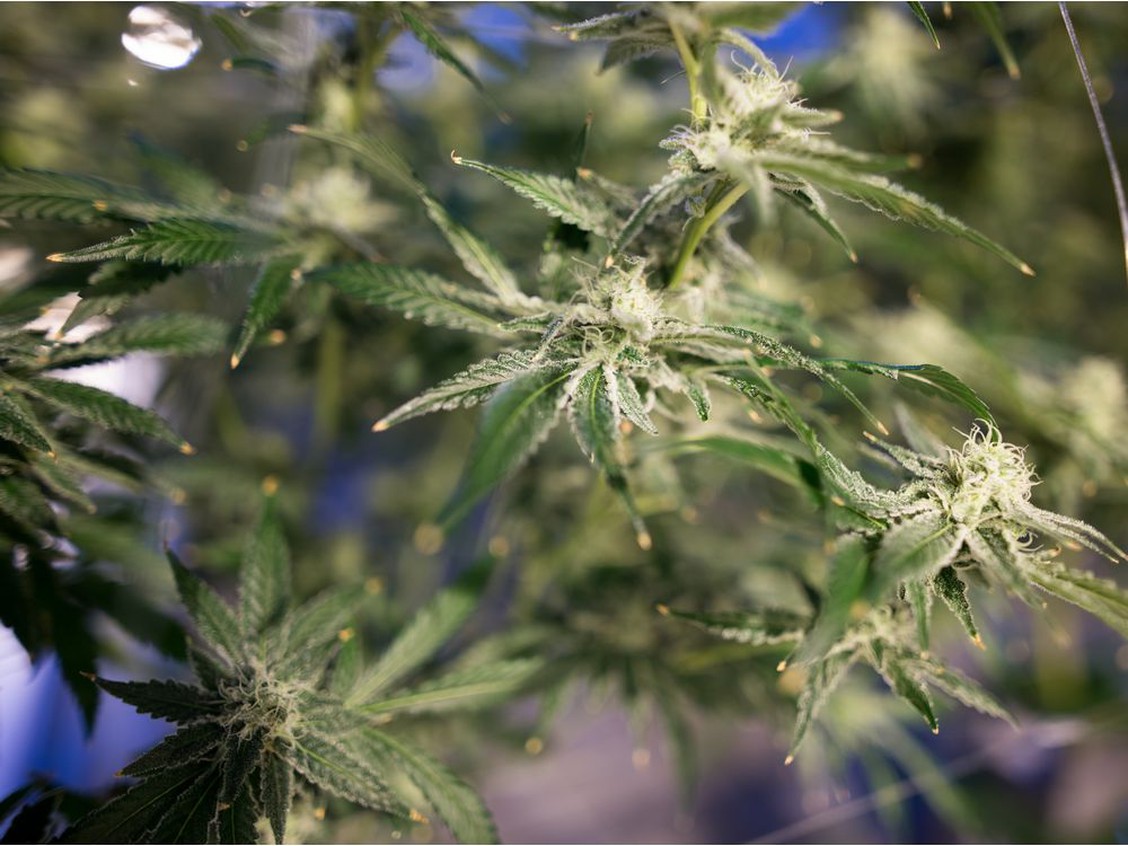You are here
Home 🌿 Marijuana Politics 🌿 Regina needs approx. 24 legal cannabis stores to disrupt black market: report 🌿Regina needs approx. 24 legal cannabis stores to disrupt black market: report

Regina needs approximately 24 licensed cannabis shops to disrupt the local black market, according to a new report released by city administration Wednesday.
But wannabe pot shop owners may struggle to reach that number as zoning regulations create barriers to development.
“The current zoning rules in Regina impose barriers to potential shop owners due to the minimum separation distances required, the limited zones that permit the use, and the absence of any discretion to consider the unique aspects of individual sites,” says the report which was presented to executive committee Wednesday. “This has left potential store owners frustrated with the limited options as expressed by customers to the City through permit reviews or preliminary reviews of sites, as well as service requests.”
There are currently 11 licensed cannabis stores in Regina and 11 more applications whose permits have been approved by the city, but are still awaiting final approval from SLGA. There are also four development permits under review by the city.
According to industry analysts cited in the report, the general rule for a mature market is about one store for 10,000 people. That means Regina, with a population of 239,497, would need to have approximately 24 stores to “ensure a healthy business environment to disrupt the black market.”
Statistics Canada data included in the report shows that household spending on unlicensed cannabis has declined every year since legalization from $1.2 billion in 2018 to $714 million by the end of 2020.
“Displacing the black market further, according to industry experts, will depend on the extent to which the legal market can offer a better cost, location and supply,” said the report.
Administration is currently reviewing zoning regulations for cannabis stores and plans to bring a report back to council in the fall that outlines results from public and stakeholder consultation as well as any recommended changes.
Prompted by a question from Coun. Lori Bresciani, City of Regina executive director of People & Transformation Louise Folk said there has been limited feedback from the public in terms of the location of existing cannabis stores.
“Nothing overly of concern from the public,” said Folk during Wednesday’s meeting. “We have heard specifically from the stakeholders and the developing community, (which is) one of the reasons why we are looking at bringing those recommendations forward on zoning.”

A cannabis plant is seen in the Western Cannabis greenhouse in Regina on May 17, 2021. PHOTO BY BRANDON HARDER /Regina Leader-Post
In addition to legalization’s impact on the black market, the report also outlined economic impacts.
In Saskatchewan, total cannabis sales in 2018-19 were approximately $38 million. That number almost doubled to approximately $70 million in 2019-20. Final numbers for the 2020-21 year were not available at the time of writing the report, but the province reported sales of $91.8 million from April 1 to Dec. 31, 2020. The report says the provincial government does not track the six per cent PST by sector so total tax cannabis revenues are unavailable.
According to the report, only Alberta, Ontario and Quebec have started passing along a portion of the excise tax revenue, which is paid by licensed cannabis producers when their products are purchased. Twenty-five per cent up to $100 million a year is retained by the federal government and the remaining 75 per cent is given to provinces and territories, which have the option to pass it along to municipalities.
Executive committee received and filed the report. Administration recommended no further action at this time.
420 Intel is Your Source for Marijuana News
420 Intel Canada is your leading news source for the Canadian cannabis industry. Get the latest updates on Canadian cannabis stocks and developments on how Canada continues to be a major player in the worldwide recreational and medical cannabis industry.
420 Intel Canada is the Canadian Industry news outlet that will keep you updated on how these Canadian developments in recreational and medical marijuana will impact the country and the world. Our commitment is to bring you the most important cannabis news stories from across Canada every day of the week.
Marijuana industry news is a constant endeavor with new developments each day. For marijuana news across the True North, 420 Intel Canada promises to bring you quality, Canadian, cannabis industry news.
You can get 420 Intel news delivered directly to your inbox by signing up for our daily marijuana news, ensuring you’re always kept up to date on the ever-changing cannabis industry. To stay even better informed about marijuana legalization news follow us on Twitter, Facebook and LinkedIn.




